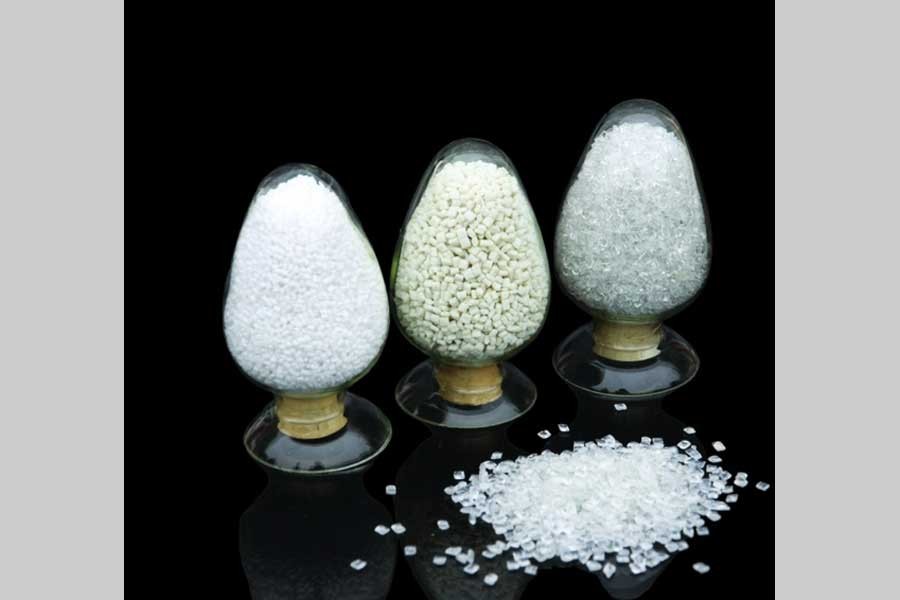Amid the fast increase in the use of environment-hostile polythene and plastic products in the country's urban areas, their economic potential largely remains untapped. Their recycling carries great prospects. That the tonnes of waste produced by these items, bottles in particular, can open new frontiers in the export sector has begun dawning on the entrepreneurs only lately. The episode began with the moderate-scale recycling of the discarded plastic items.
In popular context, the recycling of plastic remains confined to manufacture of mainly household items. Local manufacturers have, thus, been making fruitful use of the plastic wastes. Produced on a limited scale, these recycled products did not show much prospect for export. With the start of the export of relatively large volumes of recycled PET (polythene terephthalate) chips from discarded plastic products, a new generation of exporters has emerged in the country. Not long ago, the large-scale production of recycled plastic granules and their export was literally an alien idea. Given the rapid expansion of the sector, it can now deserve to be defined as a fledgling industry, and rightfully at that. China has eventually emerged as one of the largest importers of the item, also called PSF, a raw material used in the spinning industry. Like in many other least developed countries, the non-biodegradable plastic products have long posed a formidable challenge to the drainage of a city. Their deleterious impact on the environment is nowadays a recurring topic in local and international seminars. Bangladesh occupies a major place in the list of these countries.
To the modest relief of the relevant authorities, the export of PSF (polyester stable fibre) is picking up. Thanks to the endeavours of a group of innovative and venturesome entrepreneurs, the export of PSF is set to be in place comfortably. In many countries, the recycled item is widely used by spinning mills to produce polyester spun yarn. The material is later knitted or weaved into fabrics. Recognised as a high-value fabric content, PSF's global market size stood at $23.16 billion in 2016. The amount is expected to grow into $34.54 billion by 2025. PSF has already been termed as being poised to be a prospective component of the country's basket of diversified exports. According to Export Promotion Bureau, export of the country's PSF products grew by 270pc in July-November in FY 2017-18, shooting up to $3.91 million from $1.05 million in the same period in FY 2016-`17.
Barring the recent ban on PSF import by China for reasons of 'pollution', an unexpected damper, Bangladesh exporters have reasons to look for options. As industry insiders view it, the local PSF producers can now turn to the country's spinners. But then, there crops up the question of their capacity to cater fully to the demand of the domestic spinning mills. The PSF manufactures have long been demanding proper policy support of the government. In future developments involving newer export destinations, they will certainly raise the old demand for cash incentives against export. For now PSF recycling may have to remain hinged on local spinners. Meanwhile, environmentalists do not budge on their anti-polythene stance. They campaign for stopping the production and use of the non-biodegradable items right away. That may not be possible for practical reasons. Meanwhile, the poly-products' use, management of their waste and making the best of their post-recycling prospects warrants an in-depth study -- followed by pragmatic action. Employment opportunities in the recycling industry ought also to be in focus.


